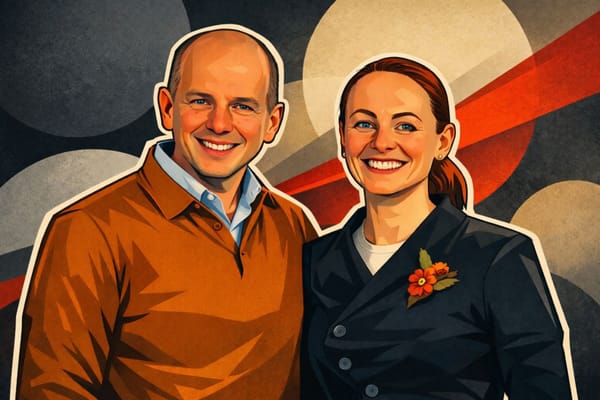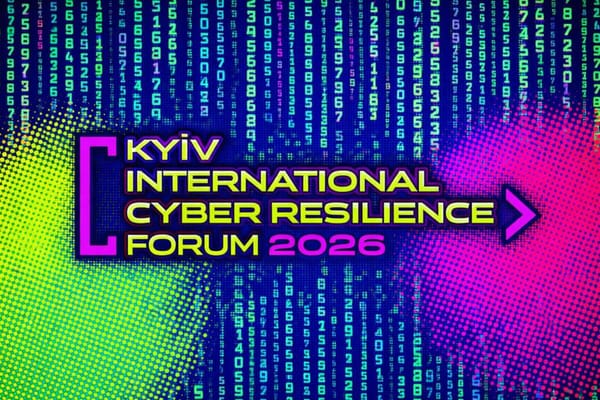European and American Investors Pledge $100 Million to Ukraine’s Defense Tech at Brave1 Summit
At Lviv’s Brave1 forum, four global funds and U.S. investors committed over $100 million to Ukraine’s fast-emerging defense-tech sector, marking a milestone for wartime innovation and foreign capital inflows.

KYIV, Ukraine — 19 September 2025
The Defense Tech Valley 2025 forum, co-hosted Sept. 16–17 by the Ministry of Digital Transformation and Brave1 in Lviv, drew more than 5,000 participants from over 50 countries and more than 300 investors, according to the ministry.
Announcements included a €20 million venture-building initiative from Netherlands-based NUNC Capital; a plan by Verne Capital, a German-Luxembourg fund, to invest up to €25 million in Ukrainian defense and cybersecurity innovations; Sweden’s Varangians closing its first deal in Ukraine with more investments to follow; and the creation of Oedipus Inc., a permanent-capital fund focused exclusively on defense technologies in Europe.
Swarmer, which develops drone-swarm and autonomy technologies, said it raised $15 million in a Series A round led by Broadband Capital Investments. The ministry described the round as the largest publicly announced investment in Ukraine’s defense-tech sector to date.
Mykhailo Fedorov, First Deputy Prime Minister and minister of digital transformation, framed the stakes bluntly (translated from Ukrainian): “A modern doctrine of war is being formed in Ukraine, where technology plays a decisive role. Our message to international investors and companies is simple — if you are not in Ukraine, you are not in the defense-tech market,” he said, adding that since 2024 Ukrainian defense firms “have already raised $90 million in investment,” with the average check rising from $300,000 to $1 million.
The ministry said NUNC Capital’s €20 million program will create and scale promising defense companies in Ukraine, focused on NATO-aligned emerging technologies such as advanced materials, electronic warfare and “smart” manufacturing. NUNC separately detailed the initiative, including a forward operating base in Ukraine to source and support startups.
European Commissioner for Defense and Space Andrius Kubilius urged closer integration of Ukraine’s know-how into Europe’s defense industry. “The time has come for Europe not only to support Ukraine but also to learn from Ukraine. The question before us is not just how to create a specific technology; it’s about how to build an entire ecosystem of defense innovations. That’s why our task now is to integrate Ukraine’s defense industry into the European one, to support and learn from each other to strengthen the security of not only Ukraine but the entire European continent,” he said, citing recent Russian drone incursions into Polish airspace as a reminder of gaps in European air defense.
Brave1 — a government-backed coordination platform launched to connect defense-tech builders with funding, testing and procurement pathways — co-organized the Lviv summit with the ministry. The platform describes itself as a state-created hub that offers grants, networking and “soft-landing” support for international partners entering Ukraine’s defense-tech ecosystem.
While several investment plans announced in Lviv will unfold over time, the ministry positioned the forum as an inflection point. It noted that investor attendance doubled from a Brave1 event in February, and that multiple closed rounds were already underway alongside the publicly disclosed Swarmer deal.
Support UA Tech Journal
UA Tech Journal is an independent, reader-supported publication. Your donation helps us report on Ukraine’s startup ecosystem for a global audience.





